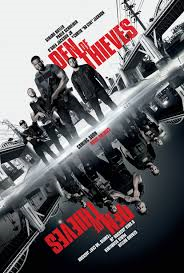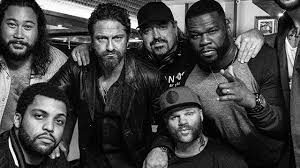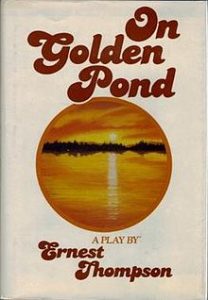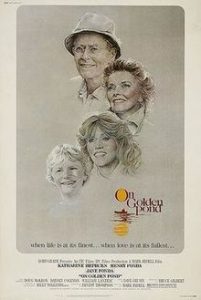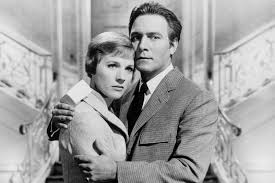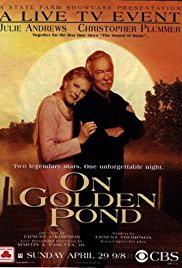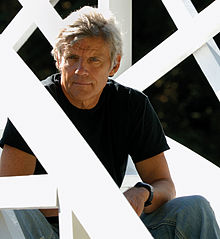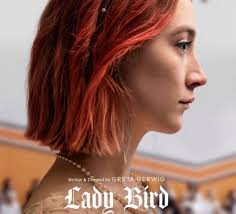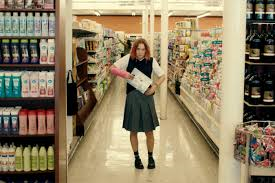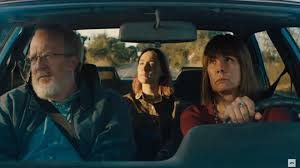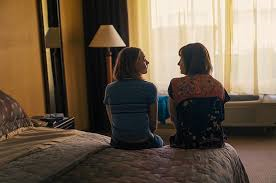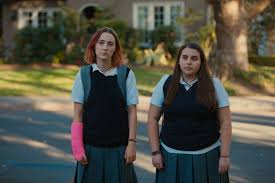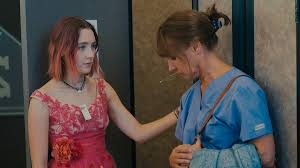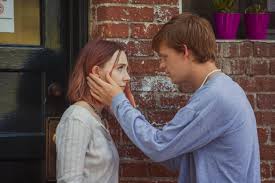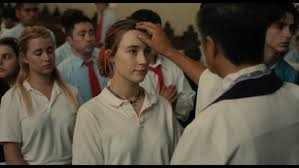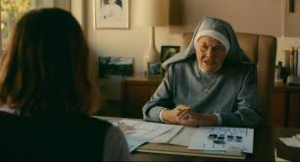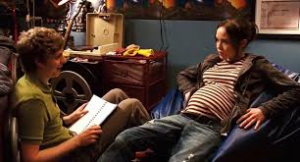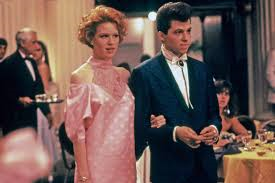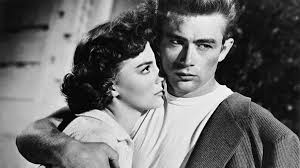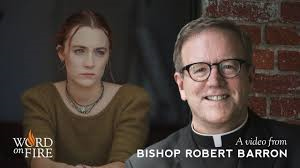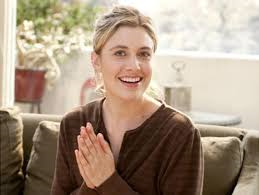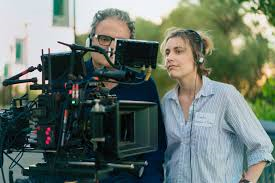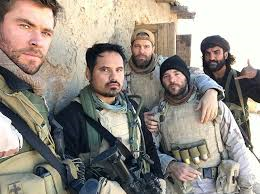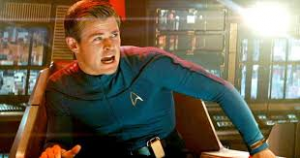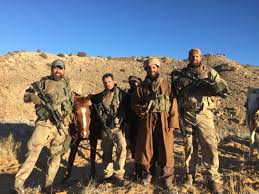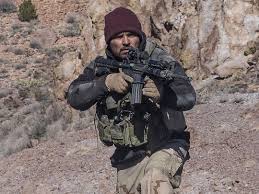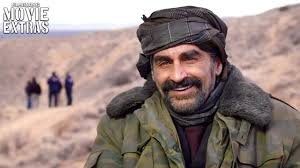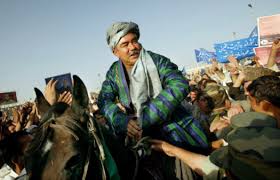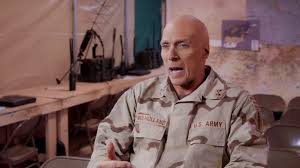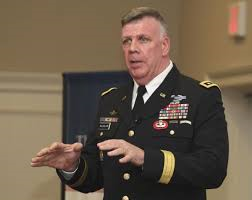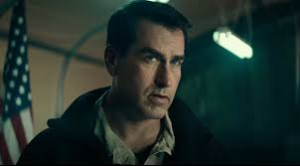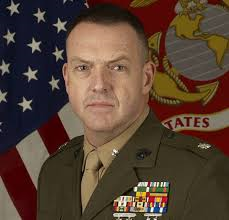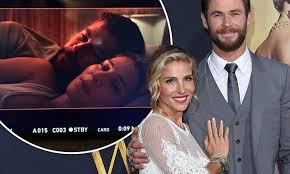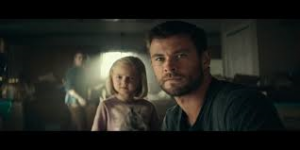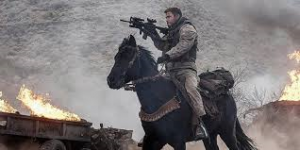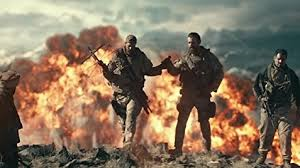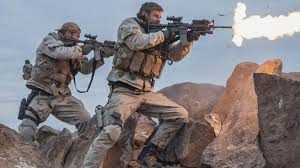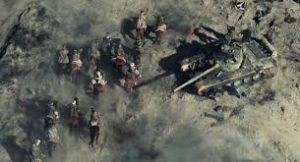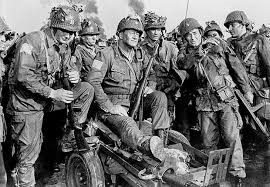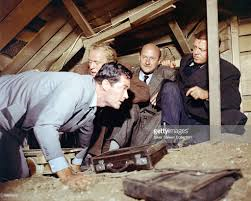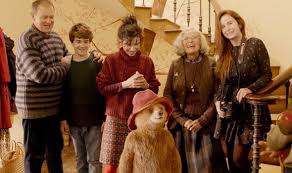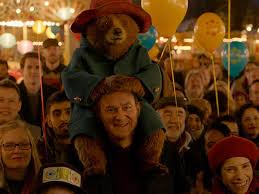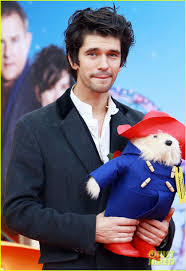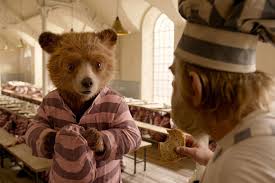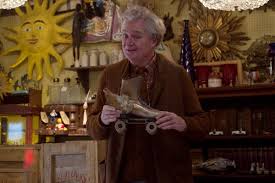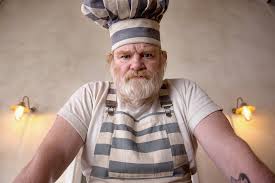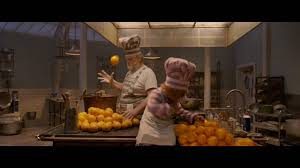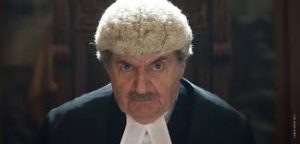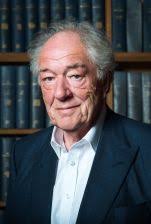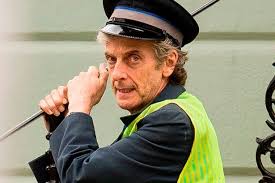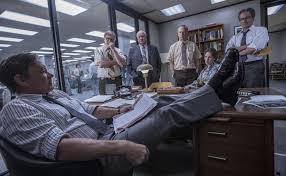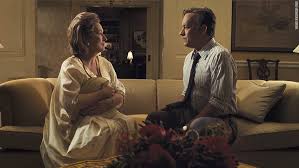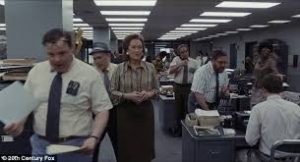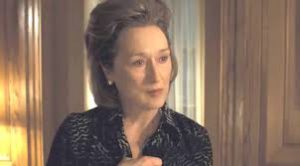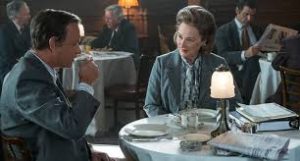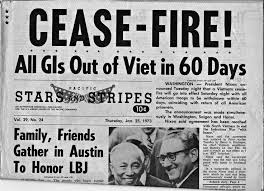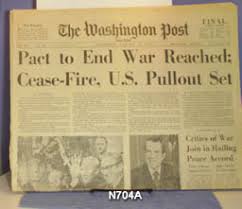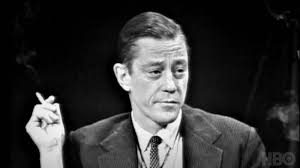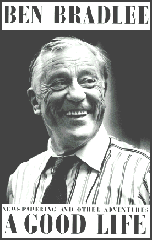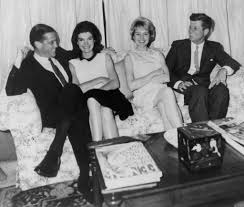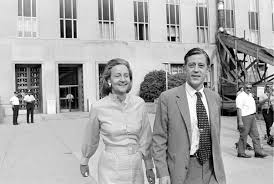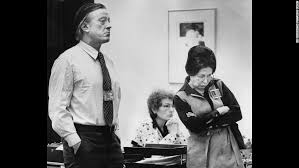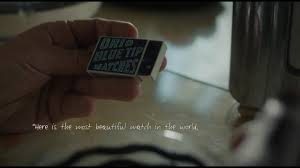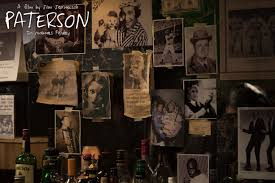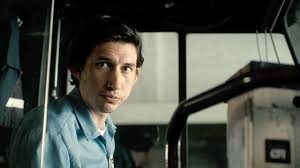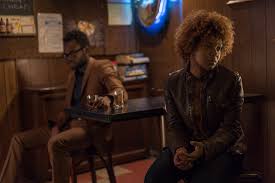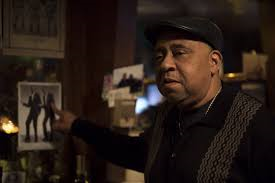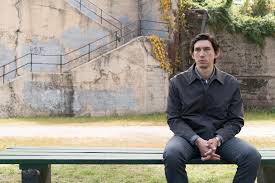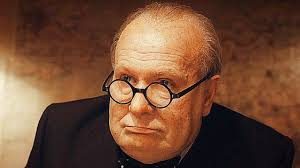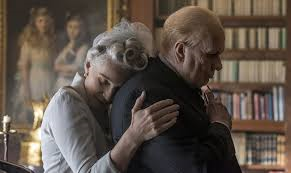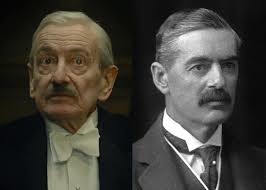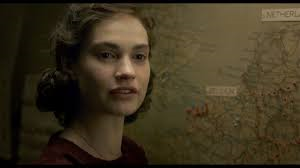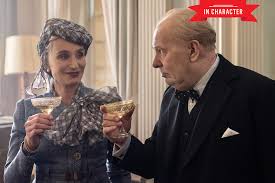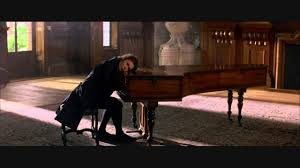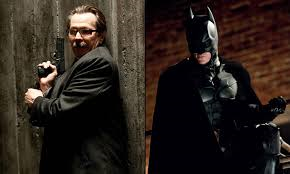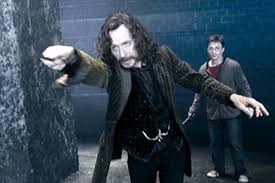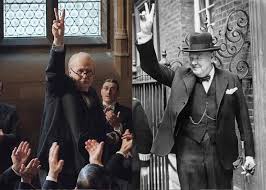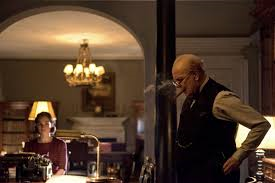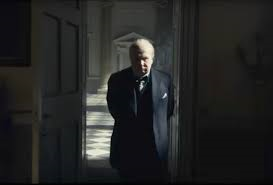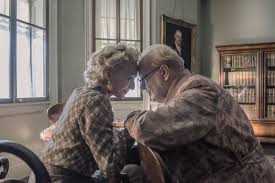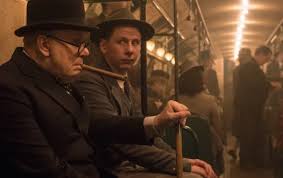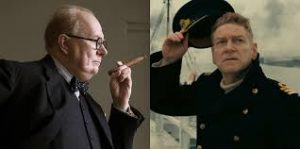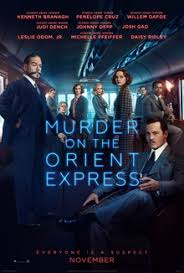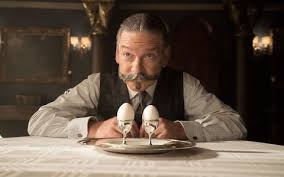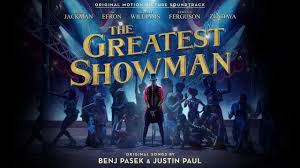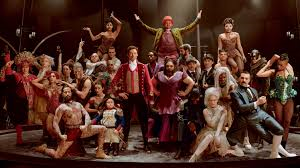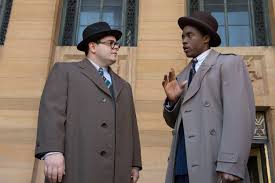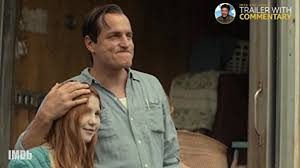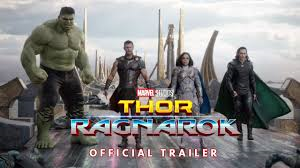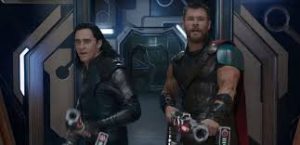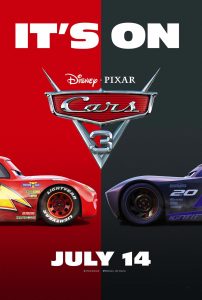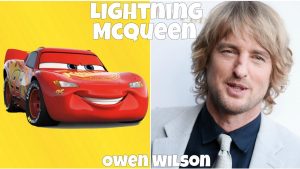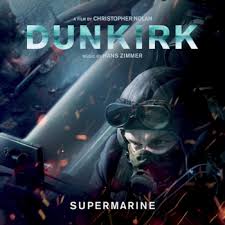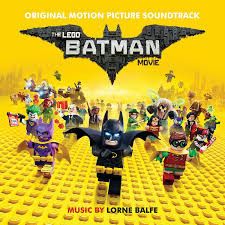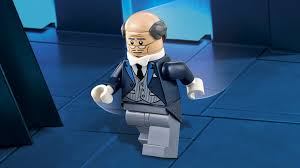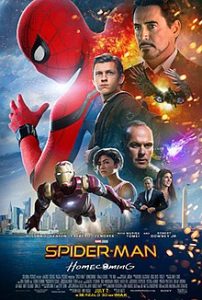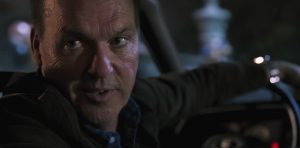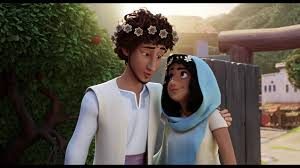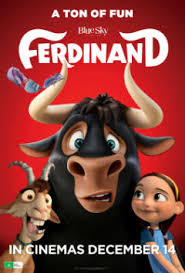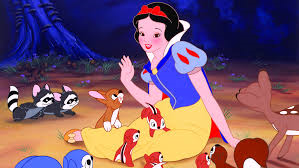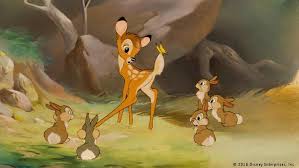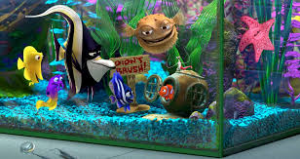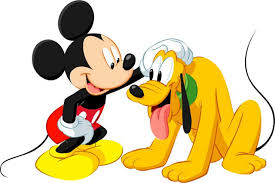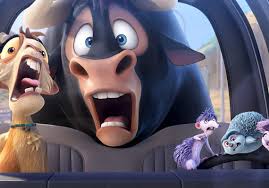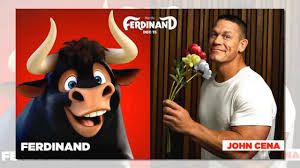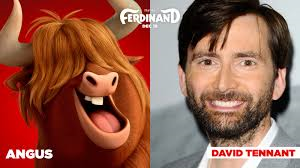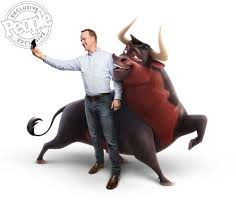SHORT TAKE:
 Octane fueled version of a good old fashioned cops and robbers movie structured like a football film.
Octane fueled version of a good old fashioned cops and robbers movie structured like a football film.
LONG TAKE:
I love a good cops and robbers movie where you have the force of law in opposition to the practitioners of chaos. And there are about as many ways to tell a "cops and robbers" movie as there are imaginations to tell it: comedies like the 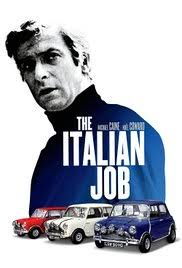 Italian Job, The Great Train Robbery and even Mad, Mad, Mad, Mad World; buddy movies like
Italian Job, The Great Train Robbery and even Mad, Mad, Mad, Mad World; buddy movies like 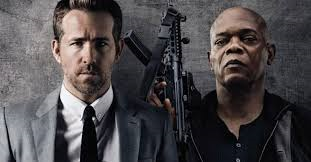 The Hitman’s Bodyguard; movies seen from the perps point of view like
The Hitman’s Bodyguard; movies seen from the perps point of view like 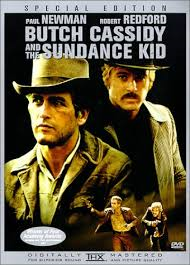 Butch Cassidy and the Sundance Kid and
Butch Cassidy and the Sundance Kid and 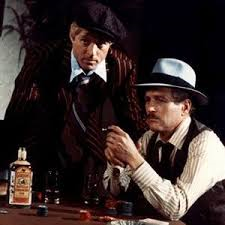 The Sting; mysteries like
The Sting; mysteries like 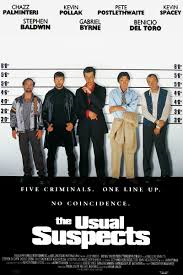 The Usual Suspect; histories like The Pursuit of DB Cooper and
The Usual Suspect; histories like The Pursuit of DB Cooper and  Serpico; private eye flicks like
Serpico; private eye flicks like 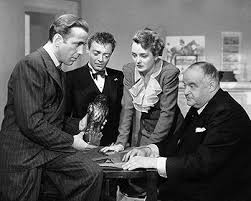 The Maltese Falcon; parable-like such as
The Maltese Falcon; parable-like such as 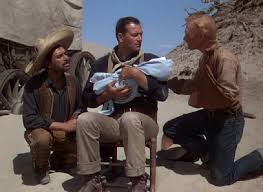 3 Godfathers or Fargo; ensemble style such as
3 Godfathers or Fargo; ensemble style such as 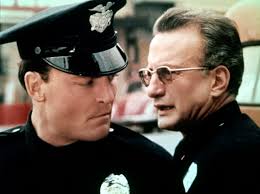 The New Centurions; pursuit movies like
The New Centurions; pursuit movies like 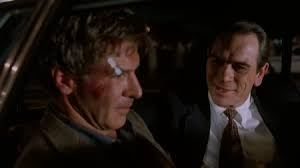 The Fugitive and
The Fugitive and  The French Connection; even sci-fi like
The French Connection; even sci-fi like 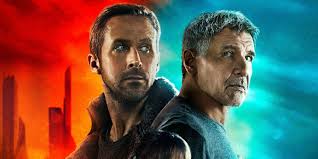 Blade Runner. Then you have combos. There’s comedy suspense like all the
Blade Runner. Then you have combos. There’s comedy suspense like all the 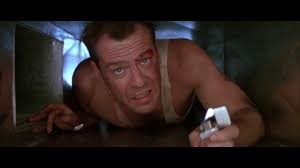 Die Hards; buddy dark comedy like Midnight Run; mystery private eye like Chinatown; sci fi mystery cautionary tale like
Die Hards; buddy dark comedy like Midnight Run; mystery private eye like Chinatown; sci fi mystery cautionary tale like 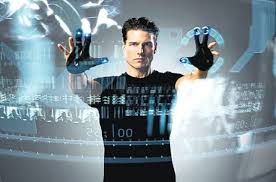 Minority Report; dark dark comedy seen from the perp point of view like
Minority Report; dark dark comedy seen from the perp point of view like 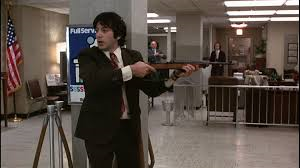 Dog Day Afternoon; and sci fi comedy mystery like Demolition Man.
Dog Day Afternoon; and sci fi comedy mystery like Demolition Man.
It is hard to find a variation that has not been done to death but Den of Thieves artfully manages to pull off a slightly different take.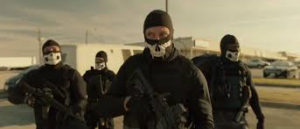
 Seen evenly from both the robbers and the police point of view the movie spools out like a Mission: Impossible caper only planned by the bad guys.
Seen evenly from both the robbers and the police point of view the movie spools out like a Mission: Impossible caper only planned by the bad guys.
The premise is that a group of professional and experienced criminals led by 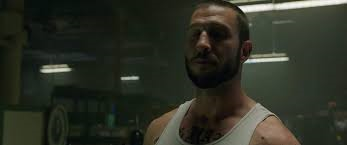 Merrimen (Pablo Schrieber who happens to be the half – brother of Liev "Wolverine’s brother" Schrieber) are planning to pull off the "perfect" heist – snatching the used and soon-to-be shredded hundred dollar bills from the Federal Reserve before they are missed. Schrieber manages this three dimensional anti-hero with the same confident skill with which he played a pure American hero in
Merrimen (Pablo Schrieber who happens to be the half – brother of Liev "Wolverine’s brother" Schrieber) are planning to pull off the "perfect" heist – snatching the used and soon-to-be shredded hundred dollar bills from the Federal Reserve before they are missed. Schrieber manages this three dimensional anti-hero with the same confident skill with which he played a pure American hero in 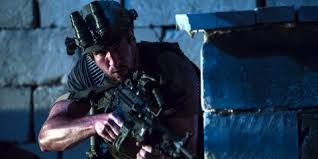 13 Hours (about the Benghazi embassy terrorist attack).
13 Hours (about the Benghazi embassy terrorist attack).
I have no intention of giving any spoilers, but will assure you that despite what appear to be holes in the plot or preposterous amounts of informational prep in the possession of the crooks, it is a cleanly written and well thought out script.
On the side of the angels-with-dirty-faces is 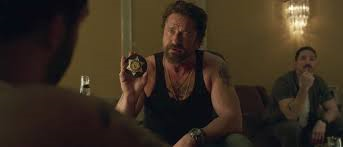 Gerard Butler’s "Big Nick" who heads up an elite team of police with virtually free rein to keep check on the mayhem in this "Bank Robbery Capital of the World".
Gerard Butler’s "Big Nick" who heads up an elite team of police with virtually free rein to keep check on the mayhem in this "Bank Robbery Capital of the World". Captions right after the credits point out that L.A. has a bank robbery every 48 minutes. (Remind me not to deposit money if I go visit my brother.) Butler’s Nick informs a would be snitch that they are far less likely to go to the paperwork trouble of arresting you than shooting you. I do not believe this is idle banter. More hound dog and hung over than Bogie, scruffier than Serpico and more heavily weaponized than Rick Deckard from Blade Runner,
Captions right after the credits point out that L.A. has a bank robbery every 48 minutes. (Remind me not to deposit money if I go visit my brother.) Butler’s Nick informs a would be snitch that they are far less likely to go to the paperwork trouble of arresting you than shooting you. I do not believe this is idle banter. More hound dog and hung over than Bogie, scruffier than Serpico and more heavily weaponized than Rick Deckard from Blade Runner, I suspect Nick would inspire Dirty Harry to run for cover.
I suspect Nick would inspire Dirty Harry to run for cover.
Butler dives into his character with tremendous gusto. It’s a bit of a shock to remember that 14 years ago he had the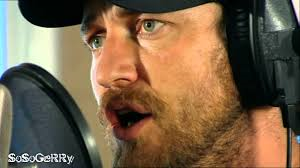 singing lead in
singing lead in 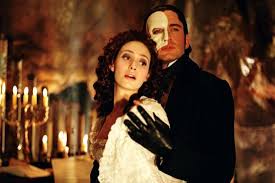 filmed version of Phantom of the Opera.
filmed version of Phantom of the Opera. 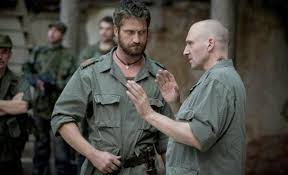 And only Shakespeare afficianados will recall he and Fiennes co-starred in the cinematic Coriolanus. A very talented guy, he is as at home in the sappy romantic
And only Shakespeare afficianados will recall he and Fiennes co-starred in the cinematic Coriolanus. A very talented guy, he is as at home in the sappy romantic  PS I Love You as he is the unstoppable secret service agent in the
PS I Love You as he is the unstoppable secret service agent in the
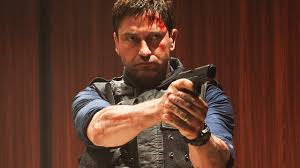
 Olympus/London Has Fallen movies.
Olympus/London Has Fallen movies.  It’s obvious why he has done this over the top popcorn movie – he just enjoys the heck out of chewing up scenery, dialogue, and bad guys as the over the top, over the edge centurion – holding the barbarians at bay.
It’s obvious why he has done this over the top popcorn movie – he just enjoys the heck out of chewing up scenery, dialogue, and bad guys as the over the top, over the edge centurion – holding the barbarians at bay.
Rounding out the core of the cast is  Donnie played by O’Shea Jackson, Jr. Jackson is the son of rapper Ice Cube, and had the rare opportunity to play his own father in
Donnie played by O’Shea Jackson, Jr. Jackson is the son of rapper Ice Cube, and had the rare opportunity to play his own father in 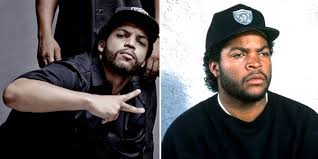
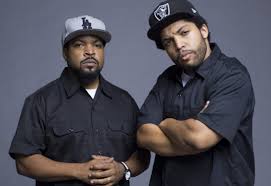 Straight Outta Compton. Jackson does a marvelous job of portraying Donnie in Den, the sympathetic young driver of the gang of thieves.
Straight Outta Compton. Jackson does a marvelous job of portraying Donnie in Den, the sympathetic young driver of the gang of thieves.
A couple of things made this a stand out movie for me. The acting was quite good for this genre, the action scenes were exciting and well edited, all the characters were interesting – showing them personally and professionally in detail, and the caper was both intricate and believable. But one of the innovative items was the approach. The writer-director, 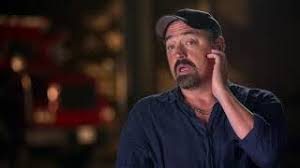 Christian Gudegast, who also wrote and directed London Has Fallen, showed both the cops and the robbers often side by side. While showing the bad guys prepping for a heist,
Christian Gudegast, who also wrote and directed London Has Fallen, showed both the cops and the robbers often side by side. While showing the bad guys prepping for a heist,
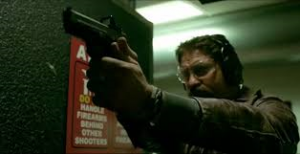 the cops are shown prepping for their interception. Merrimen and Nick are both well aware of each other and they not only play cop and robber but cat and mouse, laying tricks and traps along the way. While perhaps not a unique plan of attack, Gudegast carries the theme off in creative and surprising ways which were cinematically well executed.
the cops are shown prepping for their interception. Merrimen and Nick are both well aware of each other and they not only play cop and robber but cat and mouse, laying tricks and traps along the way. While perhaps not a unique plan of attack, Gudegast carries the theme off in creative and surprising ways which were cinematically well executed.
I also appreciated the fact that while making the bad guys sympathetic in some ways by showing them protective of their children and 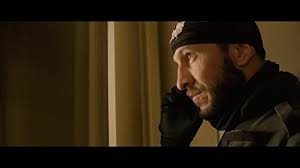 not out to create unnecessary mayhem,
not out to create unnecessary mayhem, 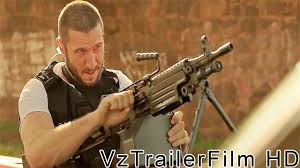 there is no doubt Merrimen's group are the bad guys. And though the cops committed more than their share of vice, there is no question Nick's men are the ones who protect the innocent and even attempt to treat their dangerous quarry with dignity. So while endeavoring to show all parties as three dimensional,
there is no doubt Merrimen's group are the bad guys. And though the cops committed more than their share of vice, there is no question Nick's men are the ones who protect the innocent and even attempt to treat their dangerous quarry with dignity. So while endeavoring to show all parties as three dimensional, 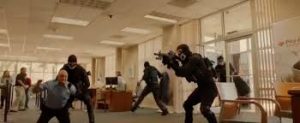 Gudegast does not try to lead us down a garden path of murky gray area as some films do, such as Dog Day Afternoon or Butch Cassidy and the Sundance Kid.
Gudegast does not try to lead us down a garden path of murky gray area as some films do, such as Dog Day Afternoon or Butch Cassidy and the Sundance Kid.  Despite the questionable behavior in many of the cops' personal lives, and the sometimes morally and legally questionable activities of our intrepid heroes of the Los Angeles Sheriffs Department, the first scene of rampant bloody destruction by the bad guys leaves us without doubt for whom we should be rooting.
Despite the questionable behavior in many of the cops' personal lives, and the sometimes morally and legally questionable activities of our intrepid heroes of the Los Angeles Sheriffs Department, the first scene of rampant bloody destruction by the bad guys leaves us without doubt for whom we should be rooting.
I also enjoyed the parallels of professionalism – the simultaneous prep, the frequent meetings in "random" places – all had the feel of two teams gearing up to meet at the ultimate winner take all championship game. To emphasize this, Gudegast makes a number of references to the fact that several characters on both sides previously had experiences in both the military and on football teams.
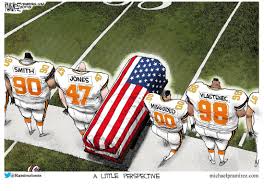
 So, unless the NFL players start to stand for the Star Spangled Banner, skip the Superbowl and go see Den of Thieves, where there is no doubt as to where your allegiances should lie.
So, unless the NFL players start to stand for the Star Spangled Banner, skip the Superbowl and go see Den of Thieves, where there is no doubt as to where your allegiances should lie.
NOT FOR CHILDREN, there is a good deal of profanity, naked women, morally wrong behavior by both "sides" and bloody violence.
